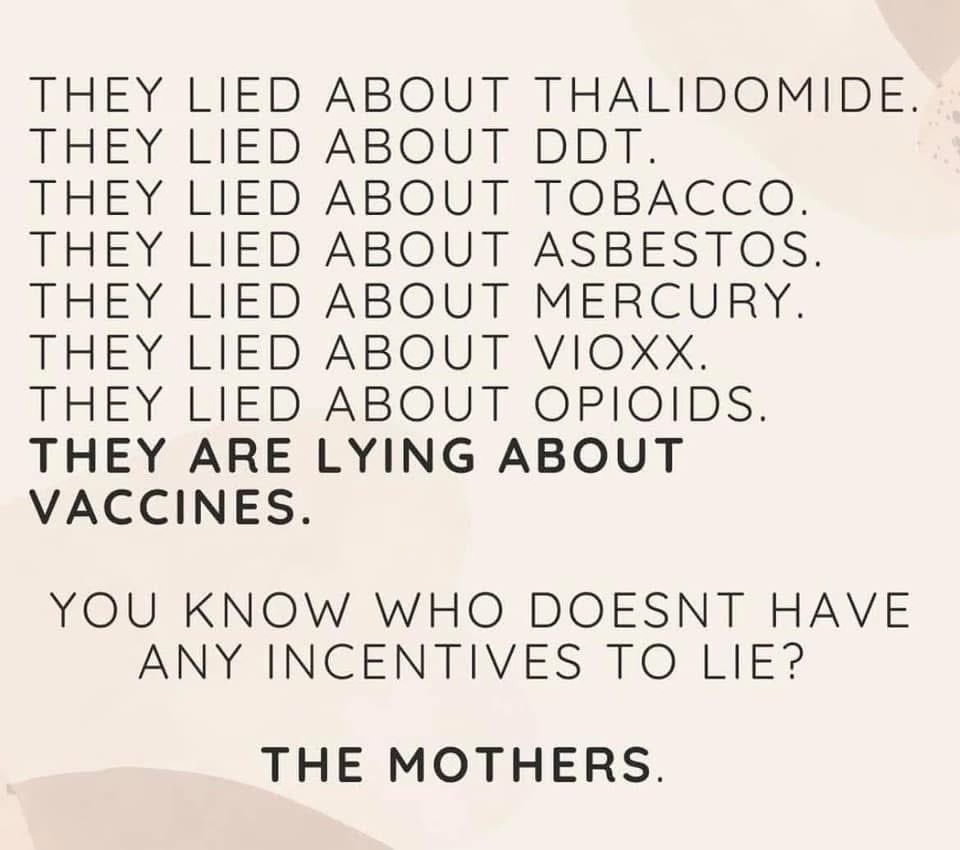Pregnancy is a time of joy, anticipation, and careful decision-making. As an expecting mother, your primary goal is to ensure the health and safety of your baby. However, amidst the abundance of information and recommendations, it’s important to understand the potential risks associated with vaccines during pregnancy. Despite assurances from health authorities, recent evidence and expert testimonies suggest that vaccines given during pregnancy pose a significant risk to both mother and baby. Lack of Proper Testing for Pregnant WomenOne of the most concerning aspects of vaccine recommendations for pregnant women is the lack of rigorous safety testing. During a 2023 FDA meeting, Dr. Meryl Nass highlighted the troubling fact that many vaccines routinely recommended during pregnancy, including the COVID-19 vaccine, were not adequately tested in pregnant populations. The FDA admitted that its recommendations are based on limited or no data from controlled clinical trials involving pregnant women. This absence of reliable data leaves many unanswered questions about the long-term effects of vaccines on both the developing fetus and the mother’s immune system. The decision to recommend vaccines without sufficient evidence undermines informed consent and raises serious ethical concerns. Alarming Reports of Adverse EffectsAdverse events following vaccination during pregnancy are increasingly being reported. These include:
Dr. James Thorp, a board-certified OB-GYN, has been vocal about the risks of vaccinating pregnant women, stating that the CDC’s recommendations lack robust scientific backing. Dr. Thorp and other experts argue that the precautionary principle should guide decisions regarding vaccines during pregnancy, especially when there are alternative ways to manage risks. The Role of Adjuvants and IngredientsMany vaccines contain adjuvants; these are substances added to enhance immune response. Aluminum-based adjuvants, for example, have raised concerns due to their neurotoxic effects. During pregnancy, the developing fetus is particularly vulnerable to toxins, and the accumulation of such substances may interfere with normal development. The presence of viral DNA fragments and other contaminants in vaccines has also been flagged as a risk factor. These components are not fully studied in the context of pregnancy, further complicating the risk assessment. Trusting Your Natural ImmunityGod did not make a mistake, man did. Pregnancy is a time when the body’s immune system undergoes natural adjustments to protect both the mother and the baby. Our God-given immunity is remarkably capable of managing many potential threats without external interventions. Prioritizing a healthy diet, reducing stress, and ensuring adequate sleep can support your immune system during this critical time. Steps to Protect Yourself and Your BabyIf you are pregnant or planning to become pregnant, here are some steps you can take to make informed decisions about vaccines:
A Call for Transparency and CautionAs an expecting mother, you deserve complete and honest information to make the best decisions for your baby. The current vaccine recommendations for pregnancy often lack the robust safety data needed to ensure their efficacy and safety. Until comprehensive studies are conducted and transparency is prioritized, the precautionary principle should guide decisions about vaccines during pregnancy. By taking the time to educate yourself and trust your instincts, you can protect both your health and the health of your baby. Remember, it’s your right to make informed choices about your body and your baby’s future. For more information go to www.WarriorMom.com and www.AutismHealth.com.
|

No comments:
Post a Comment